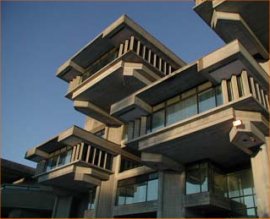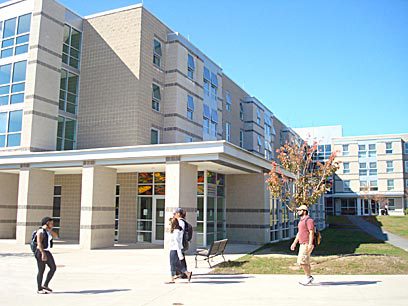Introduction
The University of Massachusetts-Dartmouth is a higher education institution that tracks back to the end of the 19th century, when the Massachusetts state legislature approved the creation of two separate (and subsequently subsumed) institutes, the New Bedford and the Bradford Durfee Textile Schools to keep the area at the forefront of the textiles industry.
These two schools were later incorporated into the Southeastern Massachusetts Technological Institute in 1962, and shortly thereafter the school was expanded to meet the growing education demands of the local population. Hence, in 1969 it was renamed the Southeastern Massachusetts University and comprehensive higher education programs were put into place.
Then, at the beginning of the 1990s, the state merged various colleges into the University of Massachusetts system, and Southeastern Massachusetts University became the University of Massachusetts-Dartmouth that exists today.


